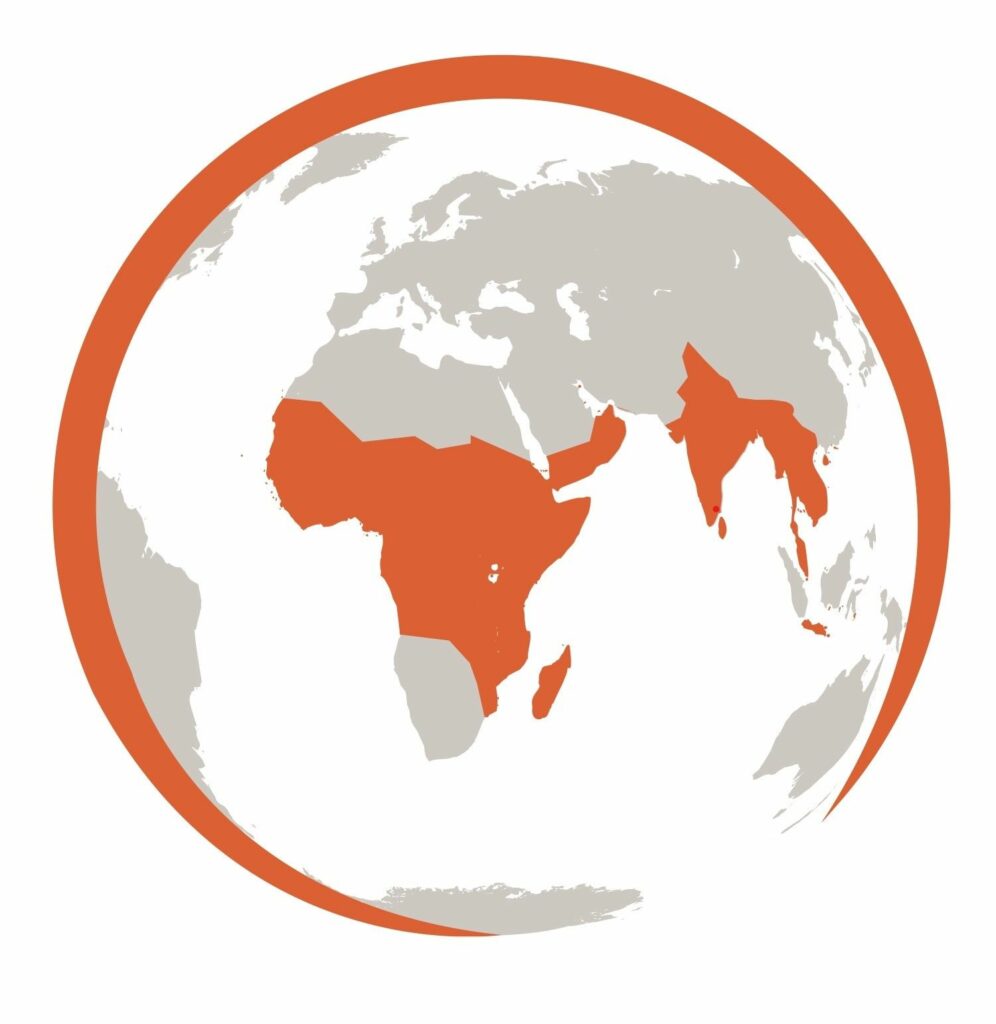Funders
U.S. President’s Malaria Initiative (PMI) / John Hopkins Center for Communication Programs
Location
Ghana, Nigeria, Tanzania
Dates
2017-2018

Anecdotal reports of counterfeit long-lasting insecticidal nets (LLINs) being sold in markets in sub-Saharan Africa have been made, but it was not clear how widespread or serious this problem was, or how it might affect malaria control efforts, which rely on effective LLINs as a keystone strategy.
As part of the PMI VectorWorks project, a five-year $60 million led by the John Hopkins Center for Communication Programs, Tropical Health investigated the presence, magnitude, and characteristics of counterfeit and questionable mosquito nets in three countries: Ghana, Nigeria, and Tanzania.
The Tropical Health study used a mixed methodology of a quantitative survey among 430 sampled outlets by market experienced field staff in combination with photographic documentation of all net products, physical inspection (after purchase) of suspicious products, some chemical residue analysis, and key informant interviews of retailers and wholesalers.
Tropical Health characterized five types of net products – counterfeit, misleading, leaked, legitimate, and untreated – during the study and synthesized findings into a Study Report for funders, manufacturers, and national programmes, which was disseminated by VectorWorks. Study findings were also shared with local regulatory bodies for appropriate action.
The findings were presented to each National Malaria Control Programme and to local regulatory bodies, and used to take appropriate action to strengthen market vigilance. Findings were also shared with LLIN manufacturers at Roll Back Malaria partners meetings.
Global Fund / Nigeria National Malaria Elimination Programme
Nigeria
2023 - 2024
Belgian Cooperation/ Light for the World
Democratic Republic of Congo, Rwanda, Tanzania
2021-2022
UK Aid and People’s Postcode Lottery / Sightsavers
Malawi, Uganda
2023 - 2024
Global Fund / Nigeria National Malaria Elimination Programme
Nigeria
2023 - 2024
Sightsavers, Ghana Somubi Dwumadie (FCDO)
Ghana
2022-2023
Global Fund MOSASWA (Mozambique, South Africa and Swaziland) region
Mozambique
2022-2023